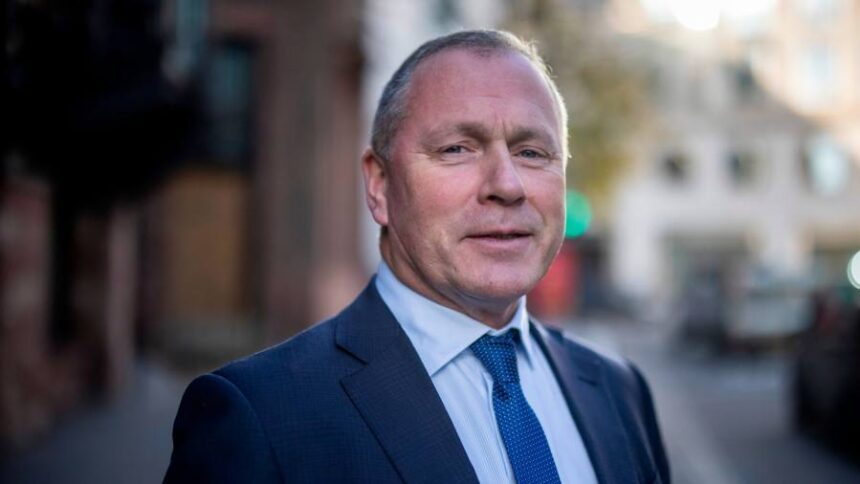Receive free Norway’s Oil Fund updates
We’ll send you a myFT Daily Digest email rounding up the latest Norway’s Oil Fund news every morning.
The head of the world’s largest sovereign wealth fund has expressed concern that political resistance to climate and environmental measures is spreading from the US to the UK.
Nicolai Tangen, chief executive of Norway’s $1.4tn oil fund, told the Financial Times: “A new thing this summer is the ESG [environmental, social, governance] backlash in the UK, on the back of that one Uxbridge vote . . . That’s bad. You have a big country in Europe that is slowing down the work on climate at a time where it’s more important than ever.”
The UK’s opposition Labour party failed to win a by-election in the outer London constituency of Uxbridge last month, despite being far ahead of the ruling Conservatives in many national polls.
Both sides have taken this as evidence that voters are unhappy with green policies: earlier this year, London’s Labour mayor Sadiq Khan extended the reach of vehicle emissions charges to outer London to improve air quality.
Tangen said climate change was an increasing financial risk and should not be a matter of politics. “To me, climate is about as political as gravity. It’s just not political. I don’t understand how you can turn this into politics.”
Norway’s oil fund is one of the most influential investors in the world, owning on average more than 2.5 per cent of every listed company in Europe. It is funded from revenues from the country’s oil and gas revenues.
Under Tangen, it has been putting more pressure on companies it owns shares in to take action on climate change. This has included filing its first shareholder proposals at an annual meeting in a decade, and publicly speaking out against an ESG backlash that first started in the US
The former hedge fund manager said climate change was an increasing financial risk partly because rising temperatures were affecting crop productivity, causing price inflation in foodstuffs from orange juice to rice.
“What we have seen this summer is you go from global warming to global boiling,” he said, adding: “lately there is a much closer link between climate and inflation. That’s why it’s a proper financial risk . . . We have to ratchet up the work on climate”.
Tangen also laid out the fund’s views on artificial intelligence. It is calling on its 9,000 portfolio companies to ensure there is accountability at board level, that they are open about how AI is designed and used and that they manage risks carefully.
The fund has doubled its number of meetings with portfolio companies about AI, holding 166 this year up to May, compared with 177 for the whole of 2022.
“Boards are absolutely not on top of this,” said Tangen, adding that the fund would vote against companies that did not have enough expertise at director level.
But he added: “If you don’t think there are opportunities with AI, then in my mind you are a complete moron.” Internally, it had already made the fund’s trading operations more efficient, he said, and the aim was for it to increase productivity by 10 per cent.
Regulating AI globally would be “very tough”, he said, because the technology was crucial to the “weapons race, medical race, self-driving race, financial race” between the US and China.
The importance to the fund of a few key investments was apparent in the first half of this year: just seven companies — Alphabet, Amazon, Apple, Meta, Microsoft, Nvidia and Tesla — accounted for a third of its gains. Those companies now account for 12 per cent of its portfolio.
Carine Smith Ihenacho, chief corporate governance and compliance officer at the fund, said that, aside from the tech industry, the fund was looking particularly at sectors such as healthcare, consumer goods and retail financial companies to be responsible in their use of AI.
Separately, the fund said it returned 10 per cent in the first half of 2023, driven by a rebound in equity markets. The improvement followed one of the fund’s worst-ever performances in 2022.








